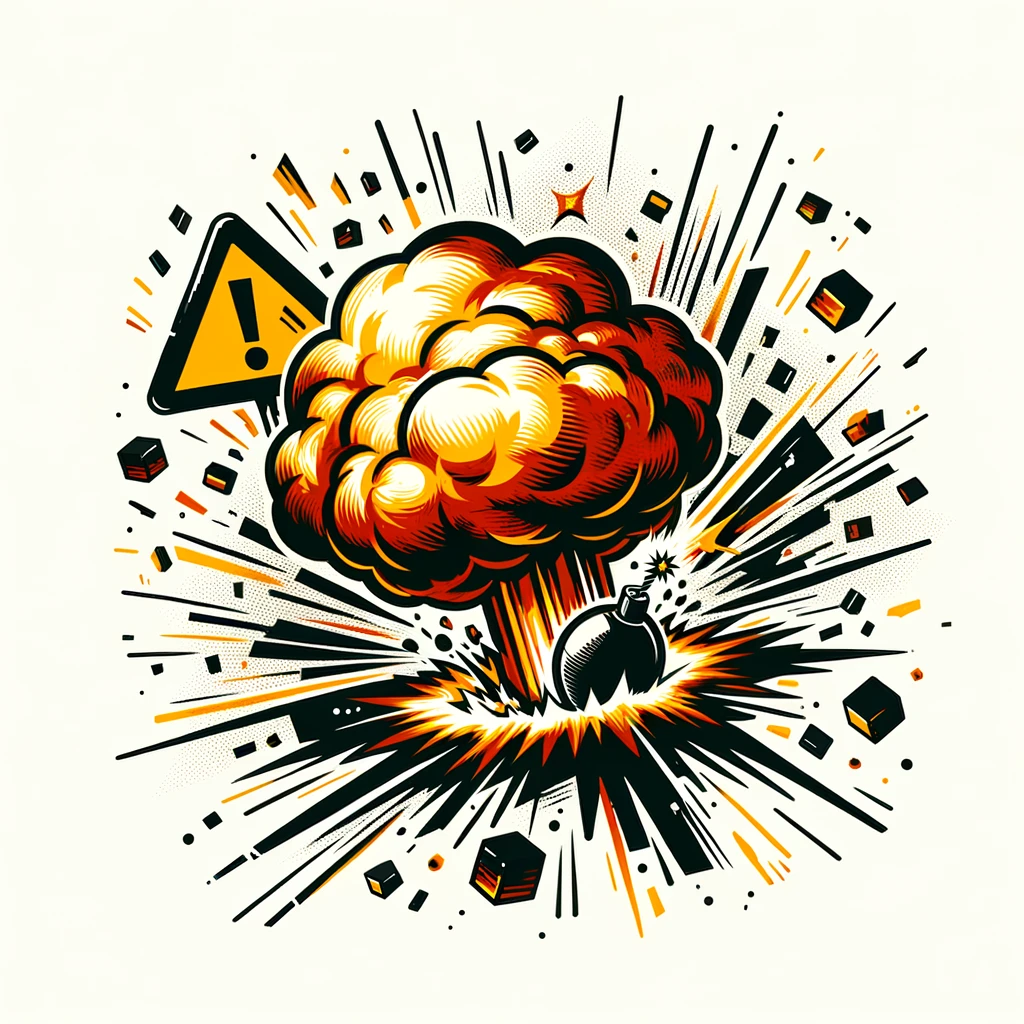Imaginary
Definition
Imaginary is an adjective describing something that exists only in the imagination and is not real. It can also refer to concepts or ideas created in the mind, such as fictional characters or hypothetical situations.
Parts of Speech
- Adjective
Pronunciation
American English
- IPA Pronunciation: /ɪˈmædʒ.ɪˌnɛr.i/
- Respelling: ih-MAJ-ih-nair-ee
British English
- IPA Pronunciation: /ɪˈmædʒ.ɪ.nə.ri/
- Respelling: ih-MAJ-ih-nuh-ree
Etymology
The word "imaginary" originates from the Latin "imaginarius," meaning "pertaining to images," derived from "imago," meaning "image" or "likeness." It entered the English language in the late 16th century, maintaining its association with mental images and non-reality.
Derivatives
- Imagination (noun)
- Imaginarily (adverb)
- Imaginariness (noun)
- Imaginative (adjective)
- Imagine (verb)
Synonyms
- Fictional
- Unreal
- Hypothetical
Antonyms
- Real
- Tangible
- Concrete
Usage
The term "imaginary" is used to describe things that are purely mental constructs or do not exist in reality. For example, "Children often have imaginary friends," or "The concept is purely imaginary and has no basis in fact."
Related Terms
- Fiction: Prose literature that describes imaginary events and characters.
- Fantasy: Imaginative fiction involving magical elements.
- Conceptual: Relating to ideas or concepts.
Detailed Definitions
Adjective
- Existing only in the mind: Refers to something that has no physical or factual reality.
- Example: "The monster under the bed was entirely imaginary."
- Created as a mental construct or fiction: Refers to things fabricated by the imagination, such as stories or ideas.
- Example: "The novel is set in an imaginary world."
- Mathematics: Refers to numbers that are multiples of the square root of -1, used in complex number theory.
- Example: "In mathematics, the term 'imaginary numbers' refers to numbers involving the imaginary unit 'i'."
imaginary



🇨🇳 Mandarin Chinese
- 虚构的 (xūgòu de)
- IPA Pronunciation: /ɕy˧˥.kɔ˧˥.tə/
- Respelling in English: Shy-goh duh
- 想像中的 (xiǎngxiàng zhōng de)
- IPA Pronunciation: /ɕjɑŋ˧˥.ɕjɑŋ˧˥.tʂʊŋ˧˥.tə/
- Respelling in English: Shyang-shyang zhoong duh
🇮🇳 Hindi
- काल्पनिक (kālpanik)
- IPA Pronunciation: /kɑːlpənik/
- Respelling in English: Kaal-puh-nik
- अभिनव (abhinav)
- IPA Pronunciation: /əbʱinəv/
- Respelling in English: Uh-bhee-nuhv
🇪🇸 Spanish
- Imaginario
- IPA Pronunciation: /imaɣi'narjo/
- Respelling in English: Ee-mah-hee-nah-ryoh
- Ficticio
- IPA Pronunciation: /fik'tisjo/
- Respelling in English: Fik-tee-syoh
🇫🇷 French
- Imaginaire
- IPA Pronunciation: /imaʒinɛʁ/
- Respelling in English: Ee-mah-zhee-nair
- Fictif
- IPA Pronunciation: /fiktif/
- Respelling in English: Fik-teef
🇸🇦 Modern Standard Arabic
- وهمي (wahmi)
- IPA Pronunciation: /wahmiː/
- Respelling in English: Wah-mee
- خيالي (khayali)
- IPA Pronunciation: /xaːjaliː/
- Respelling in English: Kha-ya-lee
🇧🇩 Bengali
- কাল্পনিক (kālpanik)
- IPA Pronunciation: /kalponik/
- Respelling in English: Kal-po-nik
- মনস্থ (monastha)
- IPA Pronunciation: /monosto/
- Respelling in English: Mo-nos-tha
🇷🇺 Russian
- Воображаемый (voobrazaemyy)
- IPA Pronunciation: /vɐɐbrɐˈʐajɪmɨj/
- Respelling in English: Vo-oh-bra-zae-my
- Мнимый (mnimyy)
- IPA Pronunciation: /mnʲɪˈmɨj/
- Respelling in English: Mni-my
🇵🇹 Portuguese
- Imaginário
- IPA Pronunciation: /iʃɐʒiˈnaɾiu/
- Respelling in English: Ee-sha-zhee-na-rio
- Fictício
- IPA Pronunciation: /fiˈtisiu/
- Respelling in English: Fee-tee-see-oh
🇮🇩 Indonesian
- Imajiner
- IPA Pronunciation: /imajinɛr/
- Respelling in English: Ee-mah-jee-ner
- Fiktif
- IPA Pronunciation: /fiktif/
- Respelling in English: Fik-teef
🇩🇪 German
- Imaginär
- IPA Pronunciation: /ɪmaˈɡiːnɛːɐ̯/
- Respelling in English: Ee-mah-gee-nair
- Eingebildet
- IPA Pronunciation: /ˈaɪ̯nɡəˌbɪldət/
- Respelling in English: Ayn-ge-bil-det
🇯🇵 Japanese
- 想像上の (sōzōjō no)
- IPA Pronunciation: /soːzoːdʑoː no/
- Respelling in English: So-zo-jo no
- 架空の (kakū no)
- IPA Pronunciation: /ka̠kɯ̟ᵝ no̞/
- Respelling in English: Ka-koo no
🇻🇳 Vietnamese
- Tưởng tượng
- IPA Pronunciation: /tɨəŋ˧ˀ˨ʔ tɨəŋ˧˨ʔ/
- Respelling in English: Tuhng-tuhng
- Ảo
- IPA Pronunciation: /aːw˧/
- Respelling in English: Aw
🇰🇷 Korean
- 상상의 (sangsang-ui)
- IPA Pronunciation: /saŋ.saŋ.ɯi/
- Respelling in English: Sang-sang-ooi
- 가상의 (gasang-ui)
- IPA Pronunciation: /ga.saŋ.ɯi/
- Respelling in English: Ga-sang-ooi
🇹🇷 Turkish
- Hayali
- IPA Pronunciation: /haˈjaːli/
- Respelling in English: Hah-ya-lee
- İmgesel
- IPA Pronunciation: /imgeˈsel/
- Respelling in English: Im-ge-sel
🇵🇰 Urdu
- خیالی (khayali)
- IPA Pronunciation: /kʰɑːjɑːliː/
- Respelling in English: Kha-ya-lee
- فرضی (farzi)
- IPA Pronunciation: /fəɾziː/
- Respelling in English: Fur-zee




.webp)
